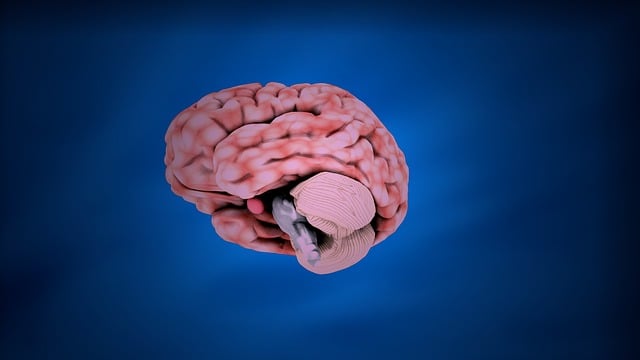Understanding Mental Health Data is pivotal in effectively addressing codependency among young adults. Through self-reported surveys, clinical assessments, and observations, professionals identify patterns linked to this complex behavior. Meticulous data preparation enables the development of predictive models for risk assessment. These insights guide tailored Mental Wellness Coaching Programs offering personalized support to at-risk individuals. By combining data analysis with traditional methods like CBT, therapists can uncover hidden codependent behaviors, improve self-esteem, and provide targeted support, ultimately enhancing mental health services for young adults.
Mental health data analysis is a powerful tool for understanding and improving outcomes, especially among young adults grappling with codependency. This article delves into the critical process of collecting, preparing, and interpreting mental health data to inform therapy strategies. We explore specific techniques for analyzing codependency patterns in this demographic, highlighting effective approaches that can revolutionize treatment plans. By understanding data, therapists can tailor interventions, ultimately enhancing the effectiveness of therapy for young adults struggling with codependency.
- Understanding Mental Health Data: Collection and Preparation
- Analyzing Codependency Patterns in Young Adults
- Interpreting Data for Effective Therapy Strategies
Understanding Mental Health Data: Collection and Preparation

Understanding Mental Health Data is a pivotal step in effectively analyzing and interpreting critical information about individuals’ psychological well-being, especially for young adults navigating therapy. The process begins with data collection, where various methods are employed to gather insights. This includes self-reported surveys, clinical assessments, and observations made by mental health professionals during therapy sessions. When addressing codependency, a common issue among young adults, risk assessment becomes crucial. Professionals must carefully prepare the data, ensuring it is accurate and relevant, to identify patterns and trends related to this complex behavior.
Preparation involves cleaning the data, handling missing values, and transforming it into a suitable format for analysis. By integrating these steps, mental health experts can develop robust models to predict and prevent codependency, fostering resilience-building initiatives. Furthermore, the insights derived from this process can guide the development of tailored Mental Wellness Coaching Programs, offering personalized support to those in need.
Analyzing Codependency Patterns in Young Adults

Analyzing codependency patterns in young adults is a critical aspect of mental health data analysis, offering insights that can significantly impact therapy for this demographic. Codependency, characterized by an intense emotional reliance on others, often stems from early attachment issues and can manifest in various ways during adolescence and young adulthood. By delving into the intricate web of relationships and behaviors, mental health professionals can identify unhealthy codependent patterns through meticulous data interpretation.
This process involves assessing self-awareness exercises and therapy for young adults, which have proven effective in promoting self-esteem improvement. Risk assessment is a vital tool here, enabling professionals to gauge potential triggers and vulnerabilities. Through these methods, they can tailor interventions, providing targeted support to address codependency issues at their root, thereby fostering more comprehensive mental well-being among young adults.
Interpreting Data for Effective Therapy Strategies

Effective therapy strategies rely heavily on accurate data interpretation. When analyzing mental health data, particularly for young adults struggling with codependency, therapists can uncover hidden patterns and insights. These insights enable them to tailor interventions that address specific needs. For instance, identifying recurring triggers in a client’s mood management journal can help therapists design personalized coping mechanisms. By combining these data-driven approaches with traditional therapy methods, such as cognitive-behavioral therapy (CBT), professionals can enhance the effectiveness of treatment.
Moreover, integrating risk management planning for mental health professionals into the data analysis process is vital. This includes recognizing early warning signs and implementing strategies to mitigate potential risks. Encouraging positive thinking and resilience through structured activities or interventions can also be data-informed, ensuring that therapy aligns with current evidence-based practices. Such a comprehensive approach not only benefits individual clients but contributes to the overall improvement of mental health services for young adults.
Mental health data analysis plays a pivotal role in understanding and treating codependency among young adults. By meticulously collecting, preparing, and interpreting this data, we can develop tailored therapy strategies that address the unique needs of this demographic. Effective analysis enables professionals to identify patterns, predict outcomes, and enhance treatment plans, ultimately fostering healthier individuals and communities. With an emphasis on evidence-based practices, this approach ensures that young adults receive the best possible care for their codependency issues, paving the way for a brighter future.














